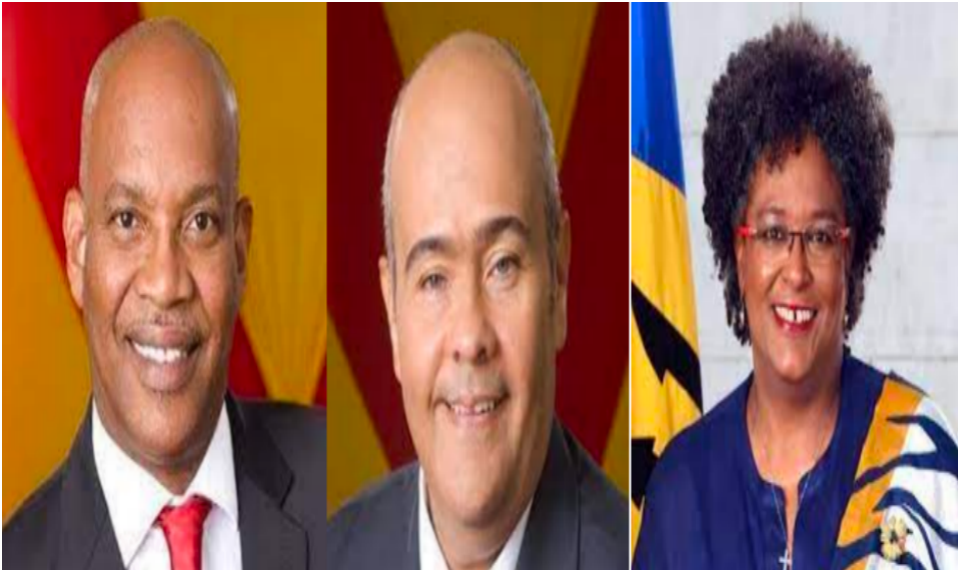There was a time – and it still is for many – the popular management instruction was that the sole purpose of a business was to create shareholder value. For this reason financial institutions and others for decades have used this single performance indicator to determine the success of the business.
In recent years a more enlightened management theory promoted is that a company must balance the needs of ALL stakeholders which include customers, employees, suppliers and the community it serves. However from observation such a noble position is practised in the breech.
The bottomline is that business owners everywhere have expectations largely influenced by the size of the profit margin and all the flowery language in management text books will not change the thinking. Milton Friedman’s hypothesis that the only responsibility of a business is to utilize its resources to increase profits mindful of operating within the law is alive and well decades later.
In a COVID 19 world the operating and business models have been significantly compromised given the unprecedented prevailing environment. Very few companies have been unaffected. The sorry state of affairs can be confirmed in the local landscape by reviewing unaudited statements of accounts of public companies published to date. If local blue chip companies are failing to perform in the current environment what does it mean for small and medium sized businesses?
From all reports the most optimistic projection is that an effective COVID 19 treatment or vaccine will be available in early 2021. How the vaccine is distributed will then have to be prioritized. It may take several months for mass production to ramp up and distributed across the globe. The point therefore – when a vaccine is developed AND the time it takes to be distributed has implications for service and tourism dependent economies like Barbados.
At the last report Barbados is operating at 5% tourism traffic with 40 thousand unemployment claims reported to have been submitted to the NIS – the solvency of the scheme is content for another blog. The harsh reality is that in an environment of uncertainty business owners cannot effectively and effectively plan. Very few businesses after more than 10 years operating in a depressed market have access to the cash flow to ride out a protracted period of low sales activity. It means as a country we will have to find a way to stoke the circular economy. This will present a huge challenge given the fragile state of the local economy.
Surprising on an island that boast about the effectiveness of the tripartite arrangement. Head of the BCCI called out government this week. The Barbados Workers Union called out retail players. The Opposition parties and partisans to be expected are calling out government. The usual…
In this very challenging environment, Barbados continues to make good progress in implementing its ambitious and comprehensive economic reform program, while expanding critical investments in social protection. International reserves, which reached a low of US$220 million (5-6 weeks of import coverage) at end-May 2018, are now in excess of US$1 billion. All indicative targets for end-June under the EFF were met. The targets for international reserves, net domestic assets and the primary balance were met with some margin, which bodes well for meeting the end-September EFF targets.
IMF Staff Concludes Virtual Visit to Barbados
The parliament of Barbados is scheduled to resume on September 15, 2020 after prorogation. All of Barbados anticipate government’s strategy to lead the country in the short and long term will be made known when the Governor General delivers the Throne Speech. What this blogmaster knows is that once COVID 19 exist and global travel remains a trickle earning foreign exchange in the short to medium term will be impossible in significant amounts. A plan how we produce and consume must be high on the agenda. COVID 19 confirmed what many have been advocating for a long time. We need to fashion an economic model that is sustainable given the means of production located in our domain.
It is not all doom and gloom as the recent IMF Staff report concludes. We are meeting targets!




The blogmaster invites you to join the discussion.